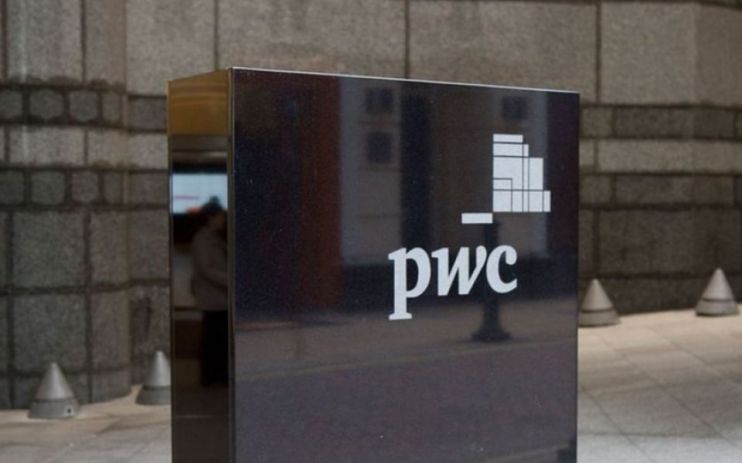Difficult headlines shouldn’t scare firms off admitting they’ve got work to do on equality

When it comes to equality in business, it’s fair to say that very few companies are truly where they want to be yet – being honest about this is uncomfortable but important.
In November 2014 we first published our gender pay gap, and four years ago we published our ethnicity pay gap.
While I was proud to be one of the very first companies to voluntarily do so, some of the headlines were stark, even prompting my teenage daughter to ask me; “Do you really pay minorities less”?
I am preparing myself for similar conversations again today as – for the first time – we make public our pay gaps for our Black, Asian and Mixed Ethnic Background employees.
The prospect of challenging conversations and headlines should not stop business leaders being honest about their actions and how they’re measuring both improvement and setbacks.
Read more: AstraZeneca CEO: ‘Britain will hit its vaccine targets’
I believe this is an important part of driving change and it’s also an opportunity to understand what pay gap reporting is and what it is not.
Once you have the data, it’s important to interrogate it. For example, the median Black pay gap across our business, including our partners, is 8.3 per cent.
We know from looking at the detailed information behind these metrics that it is not an issue of unequal pay for equal work – the gap is driven by under representation of ethnic minorities in senior roles in our organisation. Knowing this helps us take action in the right places.
Experience over the past six years has shown me that publishing pay gaps does not mean the work is done and publishing this new data does not mean we’ve solved existing issues or are moving away from our work on gender equality. There is still work to do. Yes, the data itself is important – it drives accountability and action – but ultimately, it’s about the people and the individual lived experiences behind the numbers.
The transparency ensures action and progress is not left to chance or good intentions. It makes leaders at all levels accountable for the decisions they make in the day to day running of their areas of a business, like recruitment or recognition for a job well done.
I also believe our transparency shows our people, clients, peers and potential future recruits that we are committed to making change and our progress is clear to all, giving people permission to ask questions, offer feedback and hold us accountable.
Like many companies, we looked again at our existing efforts to tackle racial inequality following the events of last summer.
In times of intense scrutiny, it can be tempting to abandon existing strategies and announce new measures in their place, but our experience has shown us that yes, it takes a long time to make a difference and that is frustrating. But these issues have been embedded for a long time, and long-term, sustainable changes do not happen as quickly as we would like them to.
We are seeing progress, and I believe the best way forward is to continue putting in the hard work to see through the plans already in place, using data and feedback to inform where we need to strengthen our approach.
It’s been an unprecedented year and like all businesses we have communicated regularly with our 22,000 people on health, wellbeing and business issues, but the most engaged-with messages have consistently been those on race and diversity.
This shows that continuing to engage on matters of equality, opportunity and representation matters now more than ever.
The upheaval in working practices, introduction of furloughing schemes and job losses across certain industries have shone a spotlight on the inequalities that exist in our society.
Throughout this pandemic, people have pulled together across their personal and professional networks to look after one another – picturing life in the shoes of another, acknowledging the unique personal circumstances and challenges we all face, and acting with empathy and support in response. In the same way we have come together to face this health crisis, it’s in our common interest to put inclusion front and centre as we focus on building back better for everyone.
Read more: PwC buys mindfulness app for all staff amid coronavirus crisis